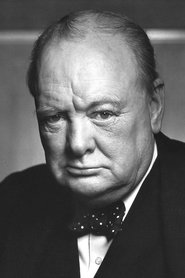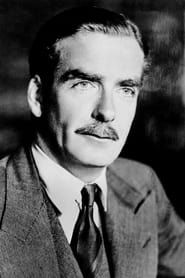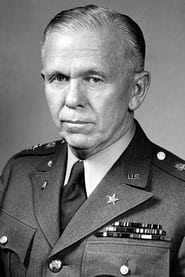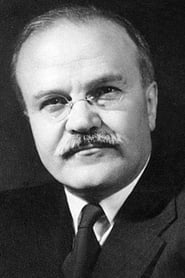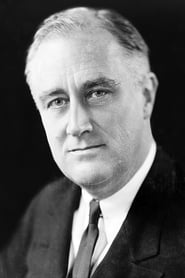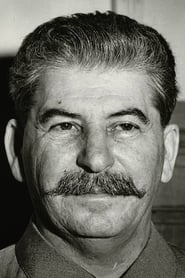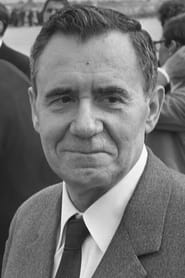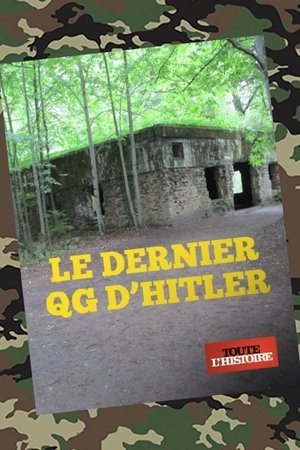
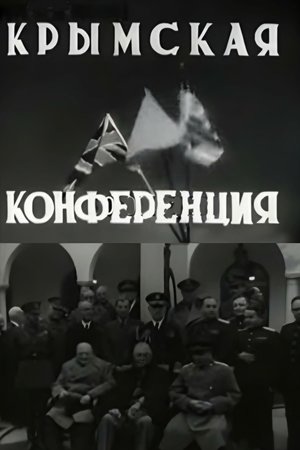
Crimean Conference(1945)
The Crimean (Yalta) conference of the leaders of the three powers - allies in the Anti-Hitler coalition was held from February 4 to February 11, 1945 in the Livadia Palace near Yalta.
Movie: Crimean Conference

Крымская конференция
HomePage
Overview
The Crimean (Yalta) conference of the leaders of the three powers - allies in the Anti-Hitler coalition was held from February 4 to February 11, 1945 in the Livadia Palace near Yalta.
Release Date
1945-07-13
Average
0
Rating:
0.0 startsTagline
Genres
Languages:
PусскийKeywords
Similar Movies
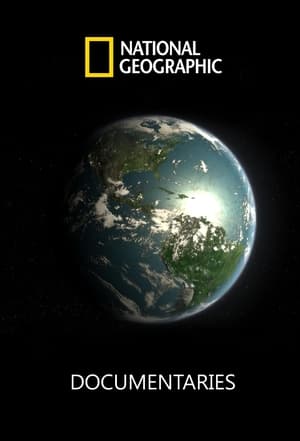 7.0
7.0The World's Biggest Bomb Revealed(en)
National Geographic 2011 Documentary on the World's Biggest Bomb (UK).
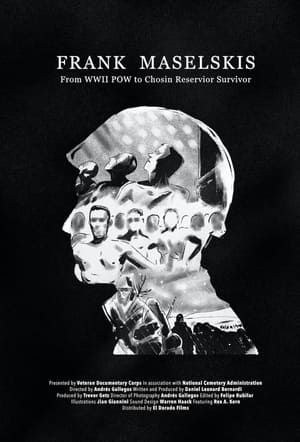 0.0
0.0Frank Maselskis: From WWII POW to Chosin Reservoir Survivor(en)
Despite his horrible experience as a prisoner of war during WWII, Frank Maselskis stays in the military and goes on to fight in Korea, where he participates in the brutal battle of the Chosin Reservoir. Upon returning home, Frank struggles to live a normal life while raising his daughters.
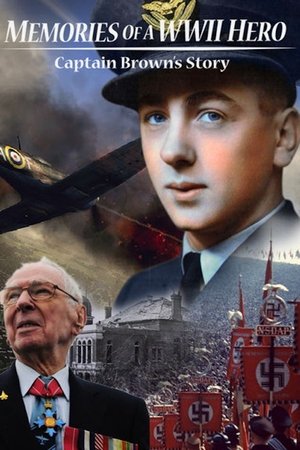 0.0
0.0Memories of a World War II Hero: Captain Brown's Story(en)
Tells the story of probably the world's greatest pilot through an extensive and in-depth interview: Capt Eric "Winkle" Brown CBE, DSC, AFC. From his flight with WW1 German fighter ace Ernst Udet in 1936 through to commanding a squadron of Buccaneers at the height of the Cold War, we hear how "Winkle" Brown experienced the rise and fall of Nazism; how he flew the most dangerous, uncontrollable aircraft, how he cheated death countless times.
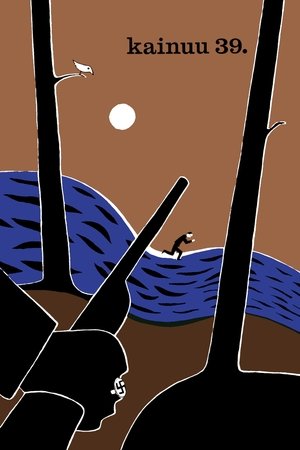 5.7
5.7Two Forces(fi)
Docudrama about the Soviet occupation of a Finnish village in the fall before the Winter War.
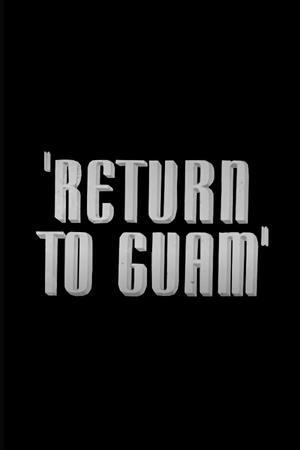 6.0
6.0Return to Guam(en)
Return to Guam is a 1944 short propaganda film produced by the US Navy about the taking and recapture of the island of Guam. The film starts when a convoy of ships nearing the island sees strange lights flashing from the island in Morse code "information". After cautiously investigating the signal, they find that it was made by a white man, George Tweed, the last survivor of the original garrison at Guam. Tweed relates his harrowing story of how he survived in the bush for 31 months with the help of the natives, Chamorros.
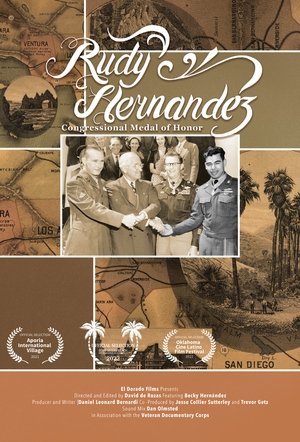 0.0
0.0Rudy Hernandez: Congressional Medal of Honor(en)
Mexican American Rodolfo P. Hernandez faced death along the 38th parallel, earning a Congressional Medal of Honor for valor during the Korean War. A story of heroism, perseverance and service, Hernandez proved that even in the most dire circumstances a wounded soldier can accomplish his mission and go on to greater service as a veteran.
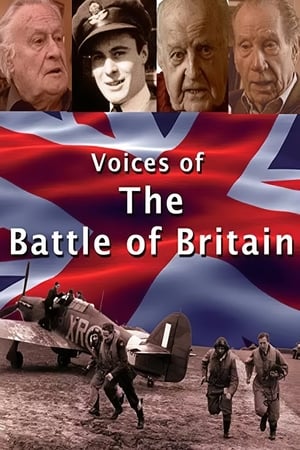 0.0
0.0Voices of the Battle of Britain(en)
Based on the book of the same title by best-selling author Henry Buckton, this film is enhanced by a fascinating series of interviews with a wide variety of people who played a vital role in Britain’s ‘finest hour’. Included are the captivating accounts of six fighter pilots who risked their lives day after day to combat the Luftwaffe, which was at that time greatly more experienced in aerial warfare. Their memories are enhanced by the recollections of a gunner, two members of the 400,000-strong ground crew who kept as many aircraft flying as possible, a barrage balloon operator and men who helped to build Spitfires.
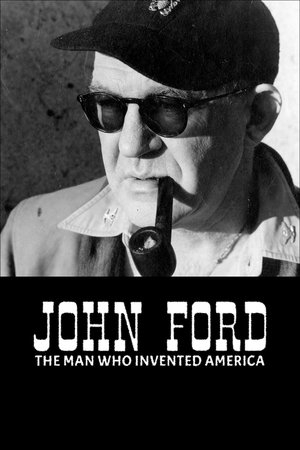 6.5
6.5John Ford: The Man Who Invented America(fr)
Over a 50-year career and more than a hundred movies, filmmaker John Ford (1894-1973) forged the legend of the Far West. By giving a face to the underprivileged, from humble cowboys to persecuted minorities, he revealed like no one else the great social divisions that existed and still exist in the United States. More than four decades after his death, what remains of his legacy and humanistic values in the memory of those who love his work?
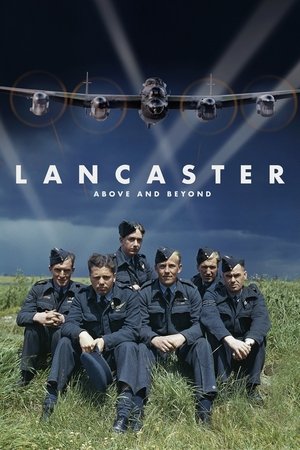 6.7
6.7Lancaster(en)
The story of the iconic WW2 bomber told through the words of the last surviving crew members, re-mastered archive material and extraordinary aerial footage of the RAF’s last airworthy Lancaster.
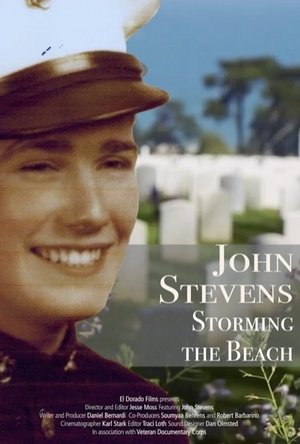 0.0
0.0John Stevens: Storming the Beach(en)
Lieutenant Colonel John Stevens served in both World War II and the Korean War. During the Korean War, he received a Bronze Star for leading his company in one of that war's harshest battles.
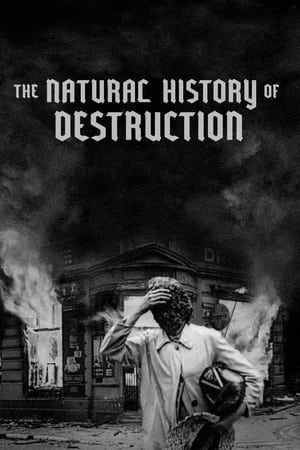 7.3
7.3The Natural History of Destruction(de)
Is it morally acceptable to use the civilian population as yet another tool for waging war? Is it possible to justify death and destruction for the sake of supposedly lofty ideals? The question remains as pertinent today as it was at the beginning of World War II, and it is becoming increasingly urgent to answer, as countless tragedies have been caused by unethical political decisions.
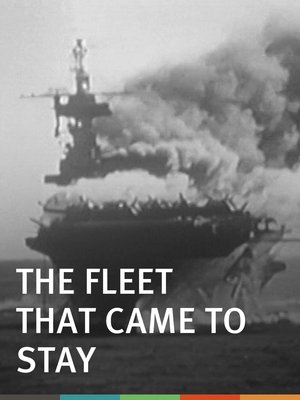 0.0
0.0The Fleet That Came to Stay(en)
A propaganda short film produced by the US Navy in 1945 about the naval engagements of the invasion of Okinawa.
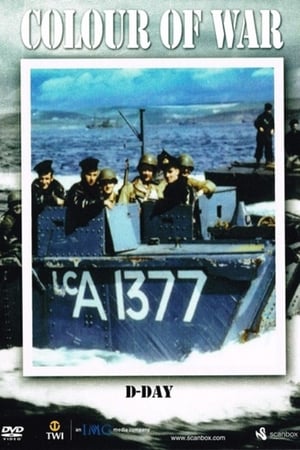 7.0
7.0D-Day in Colour(en)
An in-depth look at the events and experiences of the greatest seaborne invasion in history, focusing on the personal stories of those involved. Narrated by John Hurt, it re-lives the events of those decisive, yet perilous days and reflects on the private triumphs and personal tragedies that proved crucial to the outcome of the Second World War.
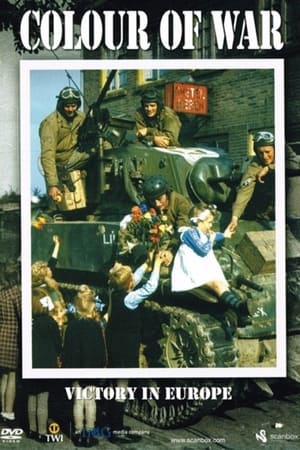 0.0
0.0Victory in Europe in Colour(en)
Documentary using rare colour footage about the Victory in Europe celebrations following the defeat of Nazi Gemany. Having officially surrendered on the 7th of May 1945, the following day was declared VE Day, and saw wild celebrations in Britain and across war-ravaged Europe.
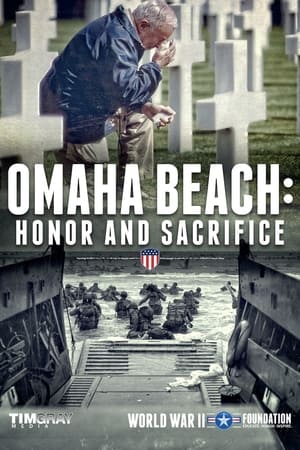 0.0
0.0Omaha Beach: Honor and Sacrifice(en)
Seven Decades after the bloody battle for Omaha Beach in Normandy, France on D-Day, many veterans are returning to visit one last time. Omaha Beach: Honor And Sacrifice tells the very personal stories of several veterans as they return to Omaha Beach and the celebration that Normandy, France holds in their honor every year.
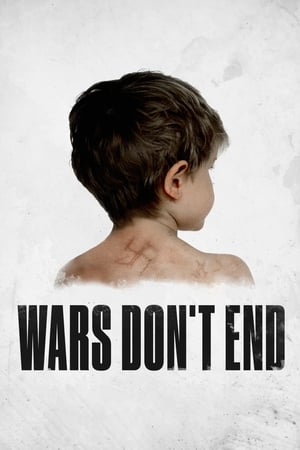 8.0
8.0Wars Don't End(no)
During World War II, 12 000 children were born to Norwegian mothers and German soldiers. In WARS DON’T END five of these children tell their stories about lives of discrimination and abuse stemming from the choices of their mothers and the actions of their fathers.
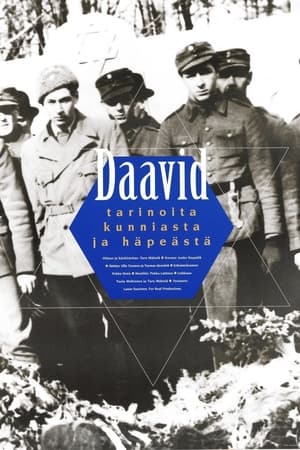 0.0
0.0David – Stories of Honour and Shame(fi)
Documentary about Finnish Jews during WWII and their unique position as German allies.
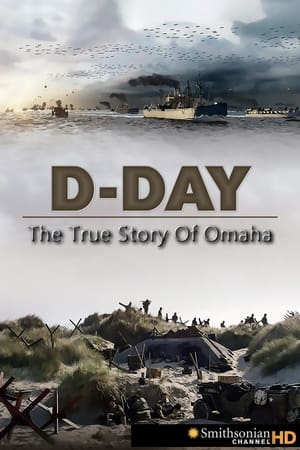 0.0
0.0D-Day: The True Story of Omaha(en)
Here's the full true story of "Bloody Omaha". Thousands of soldiers were killed as soon as they stepped onto the beach, or even into the water as they waded to shore.
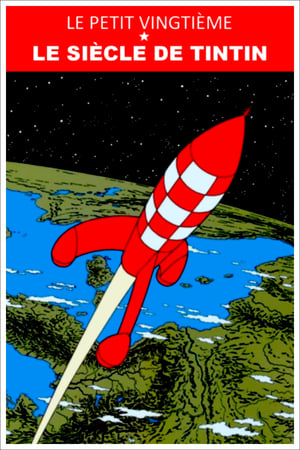 6.0
6.0Le Petit Vingtième : le siècle de Tintin(fr)
From the beginning, Hergé's work, Tintin's creator, was conditioned by the ideology of his publisher, the weekly child supplement of a Belgian Catholic newspaper. An exciting analysis of the political meaning of the adventures of Tintin.
